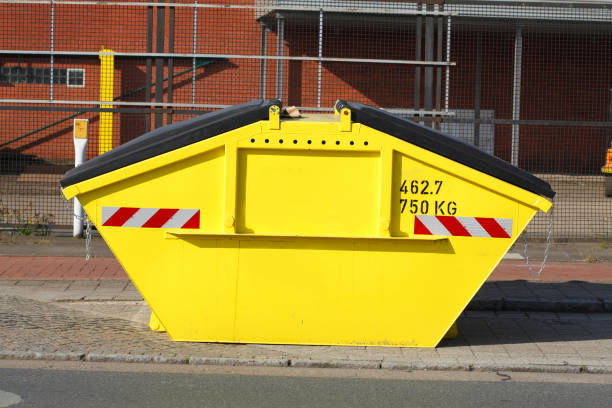In the realm of waste management and construction projects, dumpster rentals play a vital role in efficiently disposing of debris and maintaining a clean and organized work site. Whether you’re embarking on a home renovation, landscaping project, or commercial construction endeavor, understanding the ins and outs of dumpster rentals is essential for ensuring smooth operations and effective waste disposal.
The Importance of Dumpster Rentals
Before delving into the specifics of dumpster rentals, it’s crucial to recognize their importance in facilitating proper waste management practices. From construction sites to residential neighborhoods, dumpsters provide a centralized solution for collecting and containing various types of debris, ranging from construction materials to household junk.
Types of Dumpsters
One of the first considerations when exploring dumpster rentals is selecting the right type of dumpster for your specific needs. Dumpsters come in various sizes and configurations, each designed to accommodate different volumes and types of waste. Common types of dumpsters include roll-off dumpsters, front-load dumpsters, and compactors, with sizes ranging from small containers suitable for residential projects to large bins for commercial and industrial applications.
Determining Your Needs
Before renting a dumpster, it’s essential to assess your project’s requirements to determine the appropriate size and type of dumpster. Consider factors such as the volume and type of waste generated, the duration of the project, and the available space for placing the dumpster. By accurately gauging your needs, you can avoid overpaying for a dumpster that’s too large or experiencing delays due to insufficient capacity.
Finding a Reliable Provider
Once you’ve identified your dumpster requirements, the next step is to find a reputable dumpster rental provider. Look for companies with a track record of reliability, prompt service, and transparent pricing. Consider reading reviews and testimonials from previous customers to gauge the quality of service provided by each company.
Understanding Rental Terms and Conditions
Before finalizing your dumpster rental, it’s essential to familiarize yourself with the terms and conditions outlined by the rental provider. Pay attention to details such as rental duration, weight limits, prohibited items, and disposal fees. Clarify any questions or concerns you may have with the rental company to avoid misunderstandings or unexpected charges down the line.
Proper Waste Disposal Practices
Once the dumpster is delivered to your site, it’s crucial to adhere to proper waste disposal practices to ensure compliance with local regulations and environmental standards. Separate recyclable materials from general waste whenever possible, and avoid disposing of hazardous or prohibited items in the dumpster. By practicing responsible waste management, you can minimize environmental impact and promote sustainability.
Maximizing Efficiency and Cost-Effectiveness
To maximize efficiency and cost-effectiveness, consider implementing strategies to optimize waste disposal processes. This may include scheduling regular dumpster pickups to prevent overflow, compacting waste to maximize space utilization, and recycling materials whenever feasible. By minimizing waste and maximizing efficiency, you can reduce the overall cost of your project while minimizing environmental impact.
Conclusion
In summary, dumpster rentals are an indispensable resource for managing waste effectively during construction projects, renovations, and other endeavors. By understanding the different types of dumpsters, determining your specific needs, finding a reliable provider, and adhering to proper waste disposal practices, you can streamline operations, minimize costs, and maintain a clean and organized work site. With careful planning and proactive management, dumpster rentals can contribute to the success and sustainability of your project.

